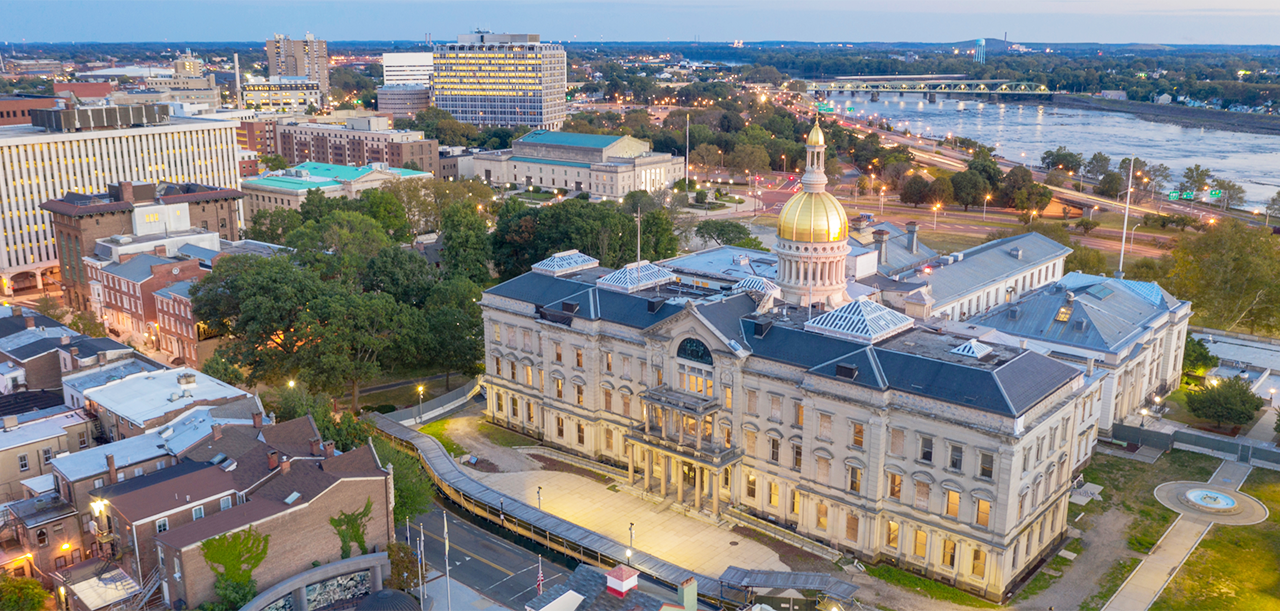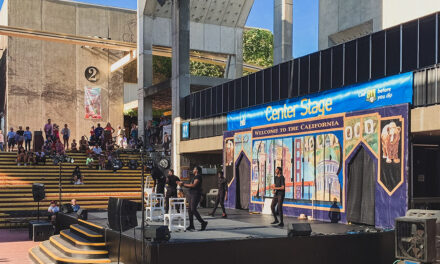Trenton, the capital city of New Jersey, boasts a rich and multifaceted history that reflects the broader development of the United States.
Trenton’s history is filled with significant events and influential figures, from its early indigenous roots to its pivotal part in the American Revolution and its growth into a modern urban center.
This blog post delves into the key phases of Trenton’s history, highlighting its evolution over the centuries.
Table of Contents
Indigenous Beginnings
Lenape People
Long before European settlers arrived, the area now known as Trenton was inhabited by the Lenape people.
The Lenape, also known as the Delaware Indians, were the region’s original inhabitants. They lived along the Delaware River and its tributaries.
They practiced a semi-nomadic lifestyle, hunting, fishing, and farming the fertile land. Their deep connection to the land laid the foundation for Trenton’s rich cultural heritage.
Colonial Settlement
European Exploration and Settlement
In the late 17th century, European settlers began to explore and settle in the area.
The first European to settle in Trenton was Mahlon Stacy, a Quaker from England, who purchased a large tract of land in 1679. He established a plantation along the Delaware River called “Stacy’s Landing.”
This settlement marked the beginning of Trenton’s transformation from a wilderness to a bustling colonial town.
Development of Trent’s Town
In 1719, William Trent, a wealthy Philadelphia merchant, purchased 800 acres of land in the area and laid out a town.
He named it “Trent’s Town,” which was eventually shortened to Trenton. The town really quickly became a center of trade and rewarding commerce, benefiting from its strategic location along the Delaware River.
Revolutionary War Era
Battle of Trenton
One of the most significant events in Trenton’s history occurred during the American Revolution: the Battle of Trenton.
On December 26, 1776, General George Washington and his Continental Army crossed the icy Delaware River and brought about a surprise attack on the Hessian forces stationed in Trenton.
This victory was a turning point in the war, boosting the morale of the American troops and paving the way for further successes.
19th Century Growth
Industrialization and Urbanization
The 19th century saw Trenton evolve into an industrial powerhouse.
The construction of both the Delaware and Raritan Canals in the 1830s and the arrival of the Camden and Amboy Railroad transformed Trenton into a major transportation hub.
Industries such as iron, steel, and pottery thrived, attracting a thriving and diverse population of immigrants seeking employment.
Political and Cultural Development
Trenton was identified and chosen as the new capital of New Jersey in 1790, ironing out its importance.
Trenton’s political and cultural institutions grew, with the establishment of schools, churches, and public buildings. Its central location made it a key player in state and national politics.
20th Century to Present
Economic Challenges and Resilience
The 20th century brought both challenges and opportunities to Trenton.
The decline of traditional industries led to economic hardship and urban decline.
However, Trenton demonstrated resilience, with efforts to revitalize the city through urban renewal projects and economic diversification.
Cultural and Educational Institutions
Trenton is home to several important cultural and educational institutions.
These include the New Jersey State Museum, the Trenton City Museum, and Thomas Edison State University. These institutions preserve and promote Trenton’s rich history and cultural heritage.
Fun Things to Do in Trenton
Historical Sites
- Old Barracks Museum: Explore this historic site, which played a pivotal role throughout and during the American Revolution.
- William Trent House: Visit the home of Trenton’s founder, showcasing colonial-era architecture and history.
Outdoor Activities
- Cadwalader Park: This large city park, designed by Frederick Law Olmsted, features walking trails, gardens, and a zoo.
- Delaware River: Take a scenic walk along the river, or enjoy boating and fishing activities.
Family-Friendly Attractions
- Trenton Thunder Baseball: Catch a minor league baseball game at the Arm & Hammer Park.
- Planetarium at the New Jersey State Museum: Experience the wonders of the universe with interesting and interactive exhibits and shows.
Q&A: Exploring Trenton’s Legacy
Q: What role did Trenton play in the American Revolution?
A: Trenton was the site of the pivotal Battle of Trenton in 1776, where General George Washington’s surprise attack on Hessian forces marked a turning point in the war.
Q: How did Trenton’s industrial growth impact its development?
A: Trenton’s industrial growth in the 19th century transformed it into a major transportation and manufacturing hub, attracting a diverse population and fostering economic prosperity.
Q: What challenges did Trenton face in the 20th century?
A: Trenton faced economic decline due to the loss of traditional industries, leading to urban decay and efforts to revitalize the city through urban renewal projects.
Q: What are some notable cultural institutions in Trenton?
A: Trenton is home to the New Jersey State Museum, the Trenton City Museum, and Thomas Edison State University, which preserve and promote the city’s rich history and culture.
Q: How has Trenton preserved its historical heritage?
A: Trenton has preserved its historical heritage through landmarks like the Old Barracks Museum and the William Trent House and various cultural and educational institutions.
Q: What recreational activities are available in Trenton today?
A: Trenton offers a variety of recreational activities, including parks, walking trails, historical tours, and family-friendly attractions like minor league baseball games and planetarium shows.
The Future of Trenton, New Jersey
Trenton’s journey from a colonial settlement to the capital of New Jersey reflects its resilience and adaptability.
As the city continues to grow, it remains committed to preserving its rich historical heritage while embracing new opportunities for development and progress.
Trenton’s future promises to be as dynamic and inspiring as its past, driven by the same spirit of community and innovation that has defined it for centuries.





